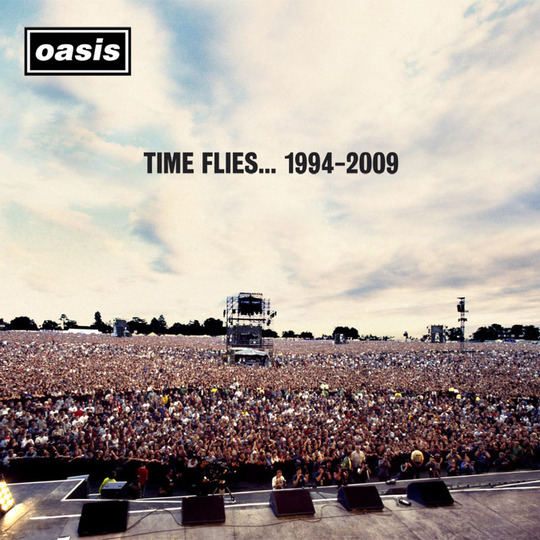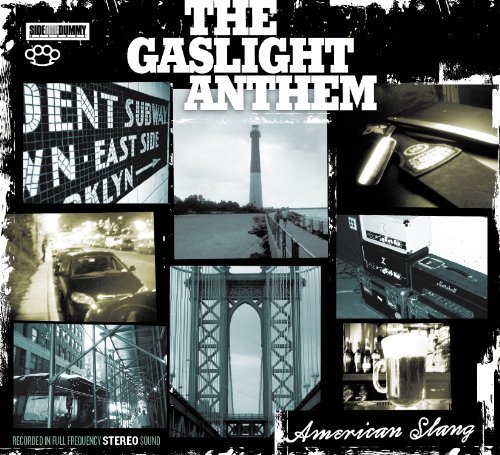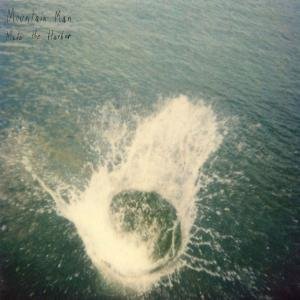Back in 1992, American philosopher Yoshihiro Francis Fukuyama came up with a spectacularly inaccurate – and in many ways grossly insensitive – cultural treatise entitled The End of History and the Last Man. In it he concluded that following the collapse of the USSR, nothing particularly interesting was ever going to happen again, anywhere, and to all intents and purposes it really was the end of history and we might as well all go home. There are many, many reasons why he was obviously wrong, but if you were around in the Nineties in any meaningful sense, you’ll probably remember it was that sort of time. Millennium bugs aside, it seemed hard to imagine a future not basically the same as the Nineties.
Certainly for Nineties band Oasis, history more or less came to an end in the August of 1996, when lots and lots of people attended their two gigs at Knebworth in order to hear songs from the hugely popular albums Definitely Maybe and (What’s the Story) Morning Glory?, along with a splash of the A-grade B-side material that would be collated a couple of years later on The Masterplan. It sealed their legend, but narratively speaking, it virtually ended their story. After that... well, the nation went collectively mad for Be Here Now for about a month, but even the band admitted it wasn't very good after a while, and really it now pretty much serves as dividing line between ‘old’ and ‘new’ Oasis. Sure, Don’t Believe the Truth did leave a small mark on the nation's consciousness. But when all’s said and done, Oasis’s narrative came to an end a very long time ago, a fact that was ably affirmed by their recent Stop the Clocks best of, a two CD set with a tracklisting selected by Noel that included only four post-1995 songs, but plenty of old B-sides and album tracks.
So now, as a bit of post-split housekeeping, we have Time Flies 1994-2009, which consists of all of Oasis’s singles, not in order. I’m going to be honest – I’m a bit daunted over how to review this thing. In the hearts and minds of fans, detractors, and certainly the band themselves, the ‘real’ Oasis were forever that gang from the mid-Nineties, and Stop the Clocks told their story. Time Flies... dispassionately picks out an alien Oasis, one that put out most of its records in the Noughties. It feels weird and unnatural to view this as a legitimate career summary, because it’s not really the Oasis that people are thinking of when they talk about the band. So rather than try and make up some sort of spurious new narrative, I’m just going to make a few observations and then we really can all go home.
Who is Time Flies... actually for? Cynically, I suppose you could say it exists to make money, and that it’s not a coincidence that it’s being issued just before Fathers Day. Less cynically: well, everybody knows to get the first two records; most people know about The Masterplan; this is a way for newcomers to get a taste of the shadowy ‘rest of Oasis’s career’ and see if they like it.
It has a very weird track order, insofar as it’s sort of vaguely chronological, but not really, like somebody started moving the tracks out of order but couldn’t be bothered to see it through. It doesn't really 'work' in any obvious sense, though endearingly, given it contains all of Oasis’s singles, ‘Sunday Morning Call’ perhaps qualifies as the worst concealed bonus track of all time.
Are the ‘new’ songs worse than the ‘old’ songs? Well, crudely speaking yeah, but that’s not really entirely fair. Leaving ‘D’You Know What I Mean?’ off Stop the Clocks was a daft act obviously tainted by Noel’s bad memories of Be Here Now - it remains a uniquely wonderful track, seven plus minutes of apocalyptic swagger, very nearly worth whatever ungodly weight in cocaine was invested in its creation. And little commented on 2007 single ‘Lord Don’t Slow Me Down’ is pretty fucking extraordinary, a feedback wreathed blues howl that sounds quite unlike anything in the band’s catalogue, certainly their ballsiest moment since the debut. Elsewhere there are decent enough latter moments, but they’re hopeless outclassed by the Definitely Maybe and (What’s the Story) Morning Glory tracks that cluster at the front of disc one. What’s the quantitative difference? Certainly the early tunes were catchier and more concise, but in all honesty – and it’s been said before – they glow with an intoxicating confidence that’s just not there later. The Gallaghers sound like they mean whatever the fuck they’re singing about on the likes of ‘Don’t Look Back in Anger’, ‘Supersonic’. ‘Wonderwall’. On ‘Stop Crying Your Heart Out’, 'Lyla', 'The Hindu Times'... they do not.
Looking at Oasis’s body of singles as a whole, the most striking thing is that for an act who seemed so concerned with the libertine spirit of rock’n’roll, etc etc, they had NO fast songs at all, and scarcely anything heavy. It’s either mid pace or slow pace and that’s yer lot. The songs are LONG too. Noel’s songs always come across as very refreshing – he feels easier to relate to throughout their career. It is, ultimately, quite hard to really listen to this and say ‘yeah, they were a real singles band’. Still, as a whole it;s a very swampy, contrast free affair.
Is the score I’m giving this. Not so much judgement on Oasis as a whole, but y’know, it’s just not a fun best of. The second disc is 73 minutes long, contains only two tracks from the golden era, and after a while becomes not unakin to drowning in the colour beige. Noel has freely admitted some of this stuff is pretty bad, so sitting through all 27 Oasis singles for the sake of it seems agonisingly pointless, especially when Stop the Clocks already exists. Seriously, I almost wept for joy when ‘Whatever’s gorgeous string arrangement suddenly burst out of nowhere around the second disc's 50 minute mark. Time Flies 1994-2009 may reflect what Oasis really did, but it isn't the ‘real’ Oasis. So, er, happy Fathers Day, yeah?
-
5Andrzej Lukowski's Score
-
10User Score






















